Improve Your System Efficiency and Reduce your Carbon Footprint with Heat Recovery Systems
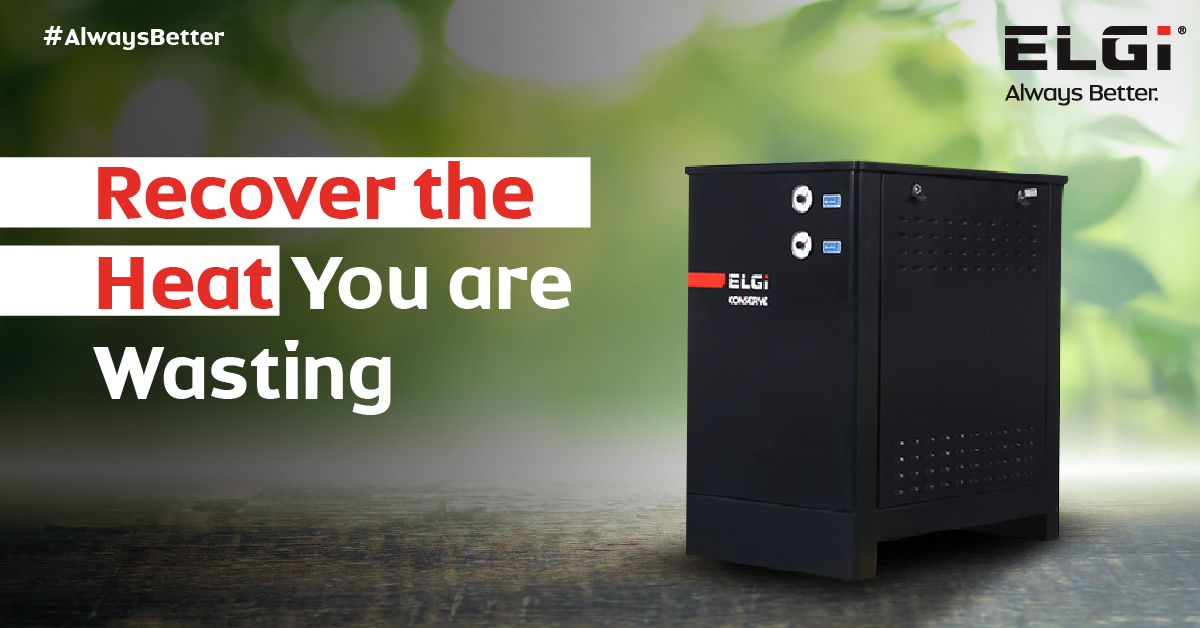
Using heat recovery from air compressors, companies can achieve economic and environmental advantages, thus reinforcing their competitiveness while contributing to a greener, more sustainable future.
Implementing strategies to save energy costs is crucial for maintaining competitiveness in today's industrial landscape. Recovering the heat generated by an air compressor is a substantial source of optimising energy efficiency, but it is often overlooked. Industrial air compressors generate significant heat during the compression process, which can be recovered and reutilised.
The emerging climate and energy crisis have made it critical to focus on energy efficiency now and for a sustainable future. By prioritising heat recovery from air compressors, companies can save on energy costs, improve overall energy efficiency, and maintain a competitive edge in their industry. Recovering the excess heat from air compressors offers both financial and environmental benefits. Here's how:
Cost Savings : Recovering excess heat allows businesses to offset using conventional and expensive heating methods, such as boilers or electric heaters. By using a heat recovery system, you can utilise the recovered heat for space heating, heating sanitary water or preheating process fluids, thus reducing your overall energy consumption and energy costs.
Energy Efficiency : Heat recovery enhances the overall energy efficiency of your operations. Instead of wasting the heat generated by air compressors, you can effectively utilise it for productive purposes. As a result, your facility uses energy more effectively, cutting down on waste and boosting productivity.
Reduced Carbon Footprint : Recovering waste heat helps reduce your carbon footprint by minimising the need for fossil fuel-based heating systems. By utilising the captured heat, companies can decrease the demand for energy from conventional sources, which often contribute to greenhouse gas emissions. Consequently, your facility's impact is reduced, promoting sustainability and responsible energy management.
Environmental Regulations and Incentives : Increasingly stringent environmental regulations and policies incentivise businesses to adopt energy-efficient practices. A business can demonstrate its commitment to sustainability and compliance with environmental standards by implementing heat recovery strategies. Moreover, some governments offer incentives, such as tax credits or grants, to encourage energy-saving initiatives, including heat recovery projects.
Corporate Social Responsibility : Implementing heat recovery from compressors aligns with corporate social responsibility (CSR) principles. Actively pursuing energy-saving measures and reducing carbon footprint can help businesses towards a more sustainable future. This also builds the organisation's reputation and appeals to environmentally conscious consumers, partners, and stakeholders.
Rely on ELGi Heat Recovery System (HRS) for increased energy-efficiency
ELGi's Heat Recovery System (HRS) helps companies recover up to 78% of the heat generated during the compression process, which can then be utilised for heating air and water. This, in turn, eliminates additional equipment requirements to heat water or air, thereby reducing CO2 emissions.
ELGi offers its Heat Recovery System as an additional accessory with its EG Series air compressor. Customers can easily plug the Heat Recovery System into the air compressor and use the heat generated in the air compressor to warm water and air for use in showers and boilers.
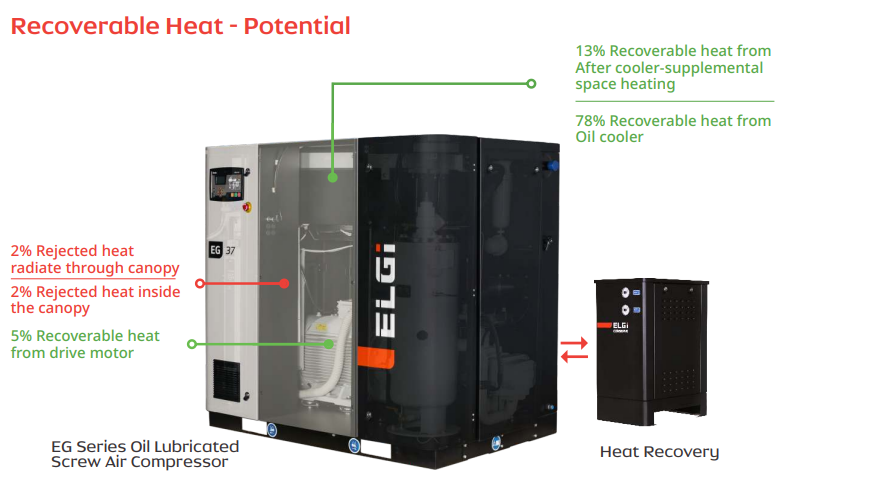
A typical compression system's theoretical recoverable heat is 96% of the overall electrical energy consumption. It consists of heat dissipated in the oil cooler (78%), the aftercooler (13%) and the heat radiated from the drive Motor (5%). The heat dissipated by the oil cooler can be used for heating water, and heat dissipated by the aftercooler and drive motor can be used for supplemental space heating. The remaining 4% of heat cannot be recovered since 2% radiates through the canopy, and the other 2% vents inside the canopy.
It's important to note that the specific financial and environmental benefits of ELGi’s HRS will depend on factors such as the size of your facility, the scale of your compressor operations, and the specific applications for the recovered heat. Therefore, conducting a thorough energy audit and consulting with our experts is recommended to increase the overall effectiveness of the facility's operations.
Our experts at ELGi can help you assess the potential savings, provide valuable insights specific to customers' operations and design an optimal heat recovery system for your facility. Save energy and costs with ELGi's Heat Recovery System. Contact our experts to learn more.
RELATED BLOGS
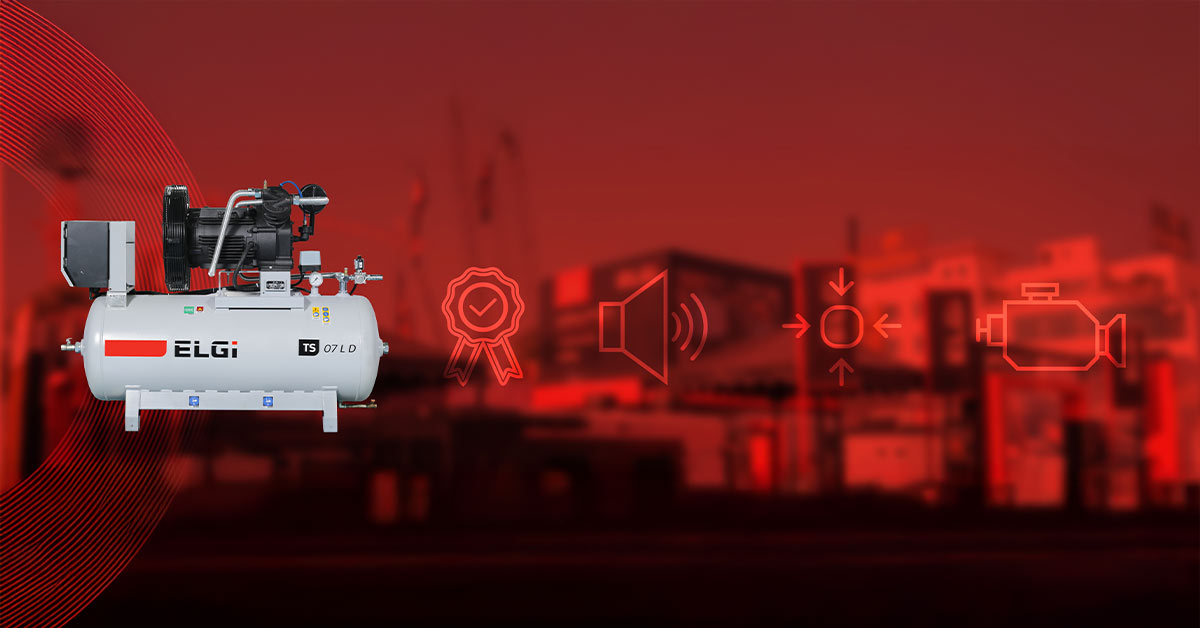
Compressed air is a critical element in many industrial operations, from powering tools to...
Read More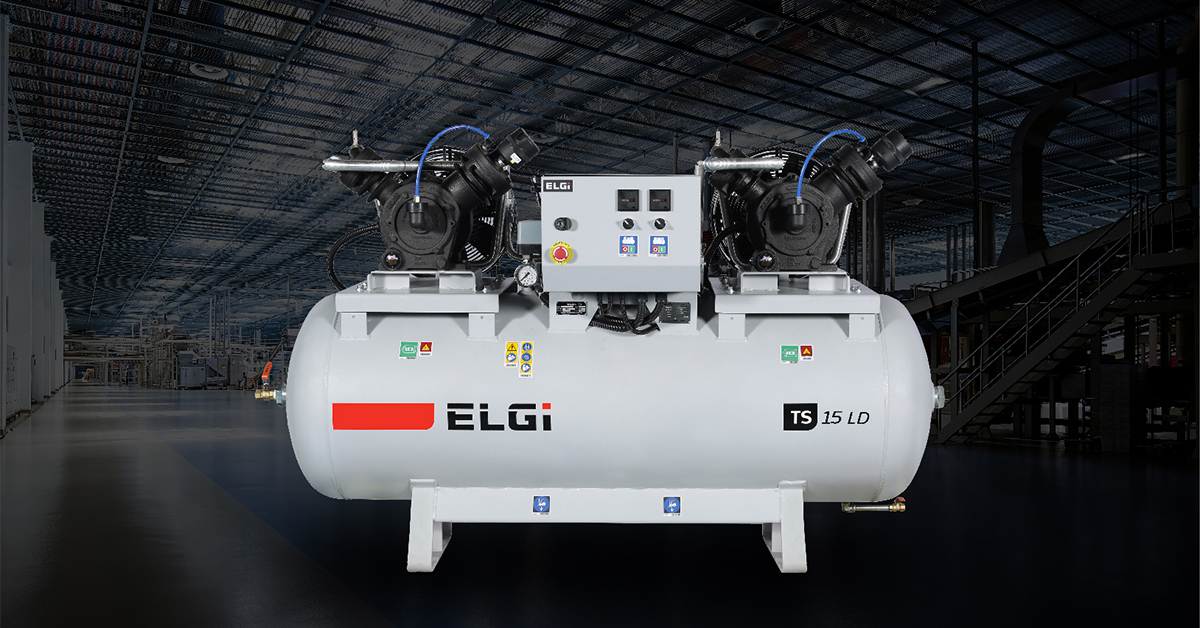
How Oil Lubricated Compressors Work and Their Role in Energy Efficiency Oil lubricated ...
Read More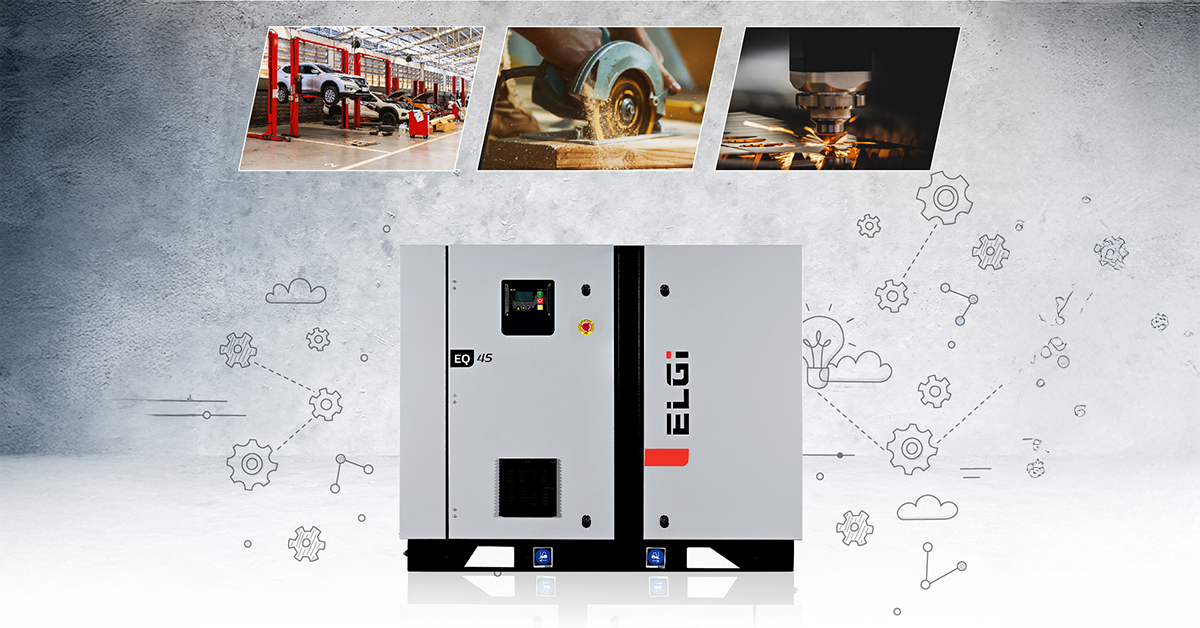
Why the ELGi EN Series is Ideal for Compact Industrial Compressed Air Solutions Busine...
Read More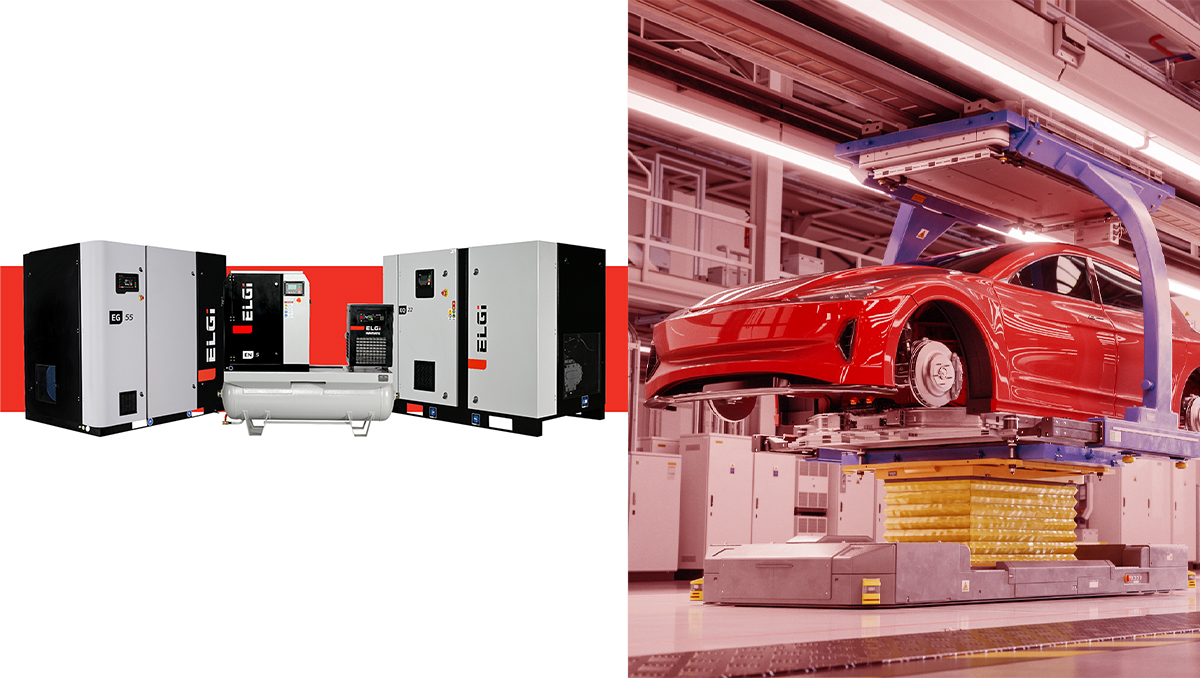
Compressed air is an invaluable resource in the automotive industry, powering everything f...
Read More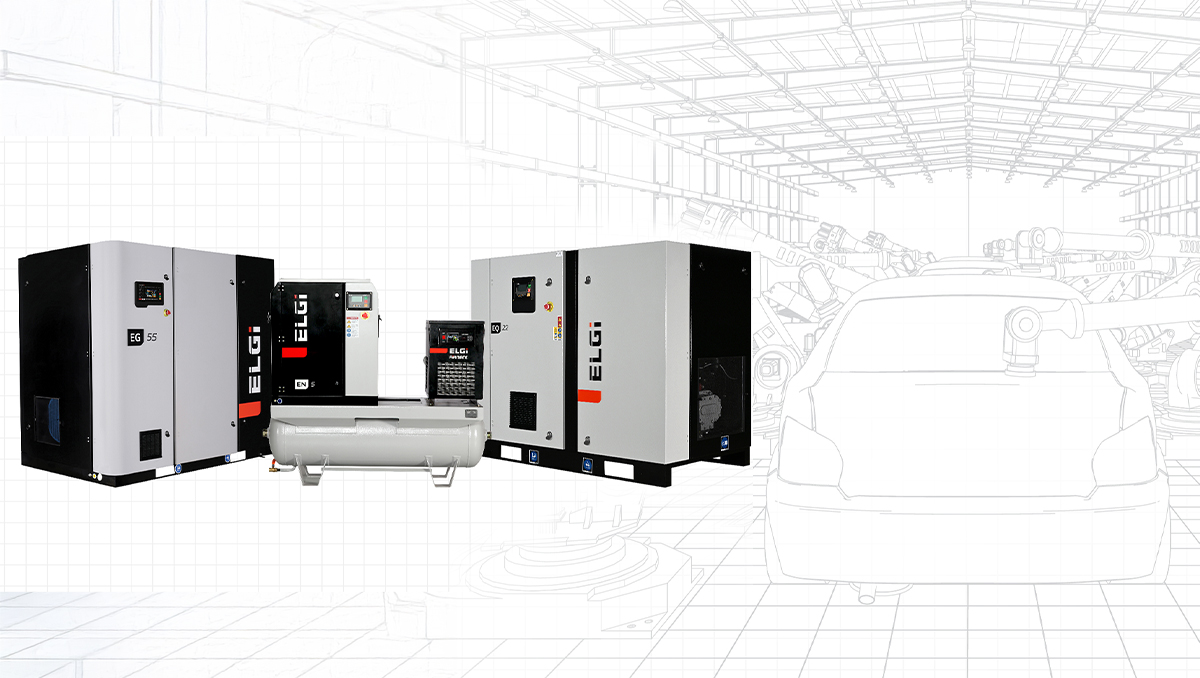
The automotive industry is one of the most dynamic and technology-driven sectors, requirin...
Read More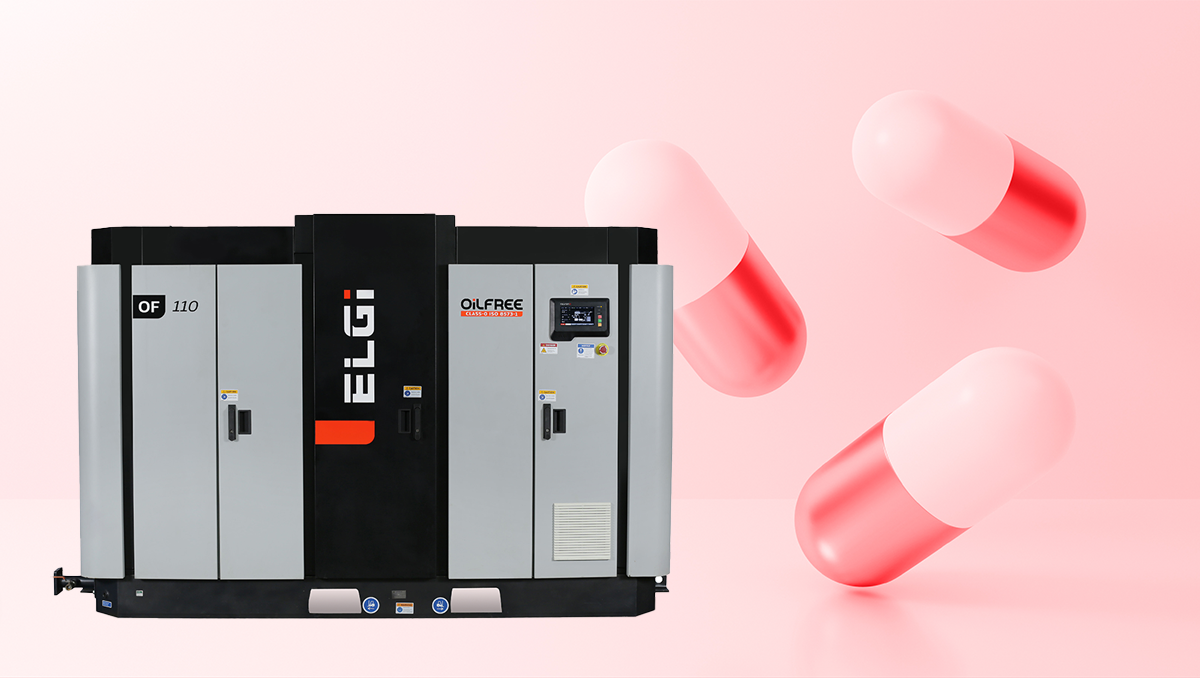
The pharmaceutical industry operates in a realm where precision, purity, and compliance ar...
Read More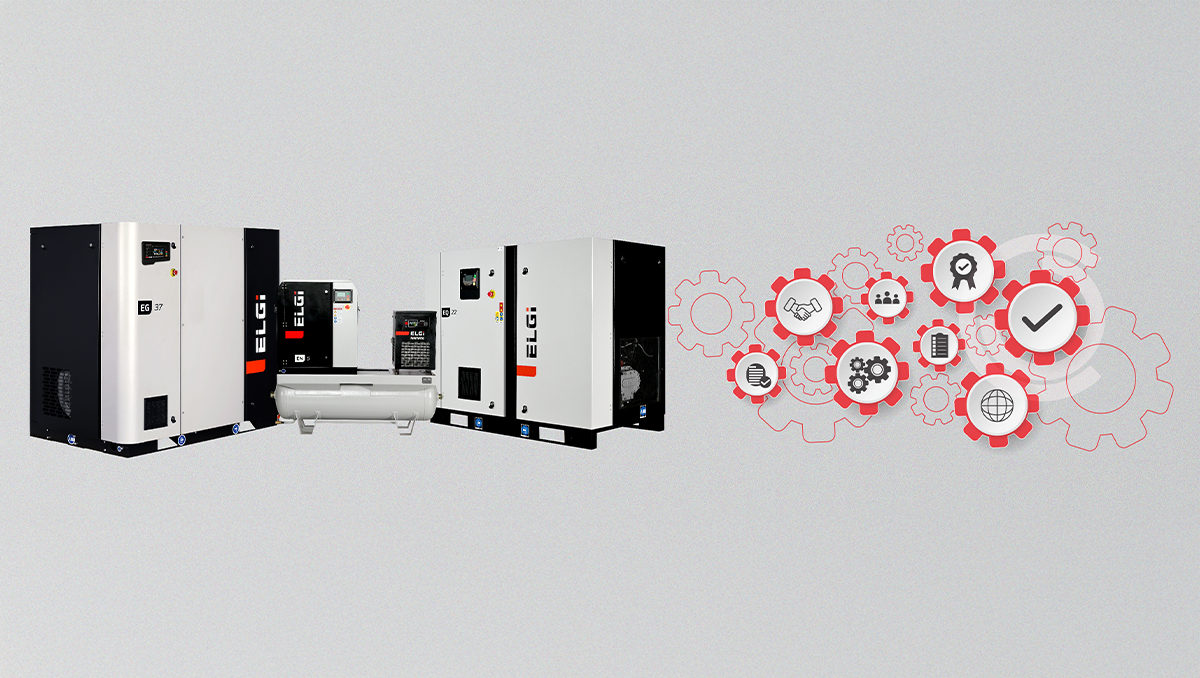
Rotary screw air compressors are essential machines used in many industrial applications a...
Read More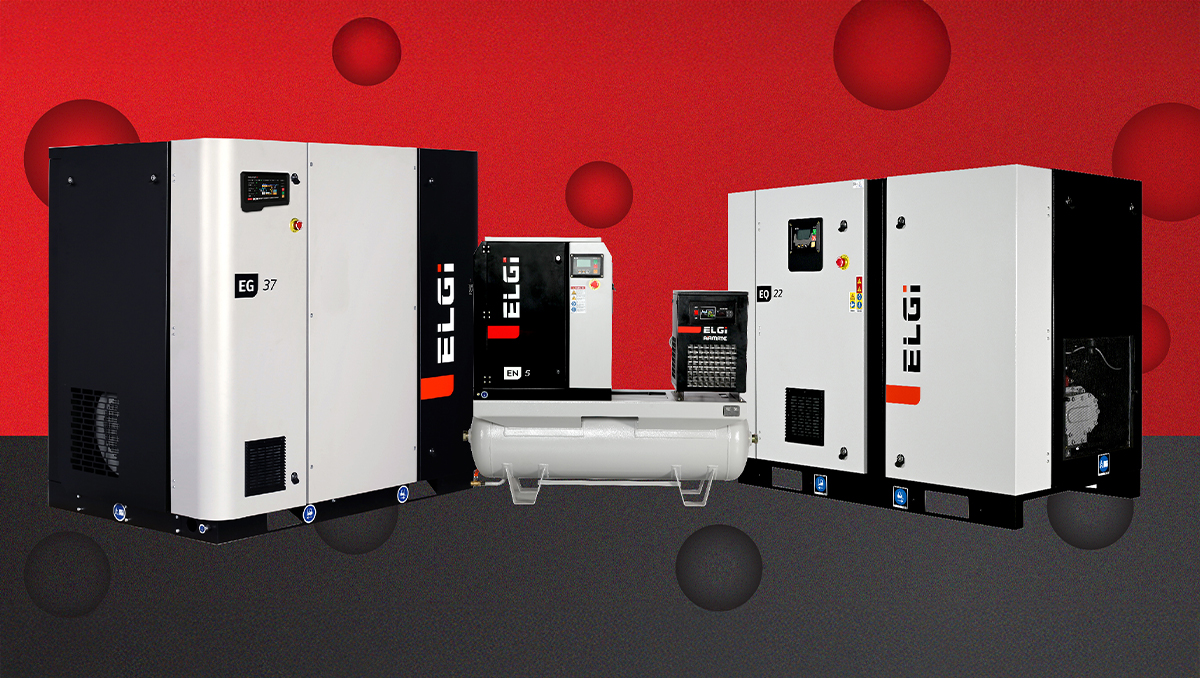
Choosing the right rotary screw compressors is crucial for your industrial operations. In...
Read More
Choosing the right rotary screw compressors is crucial for your industrial operations. In...
Read More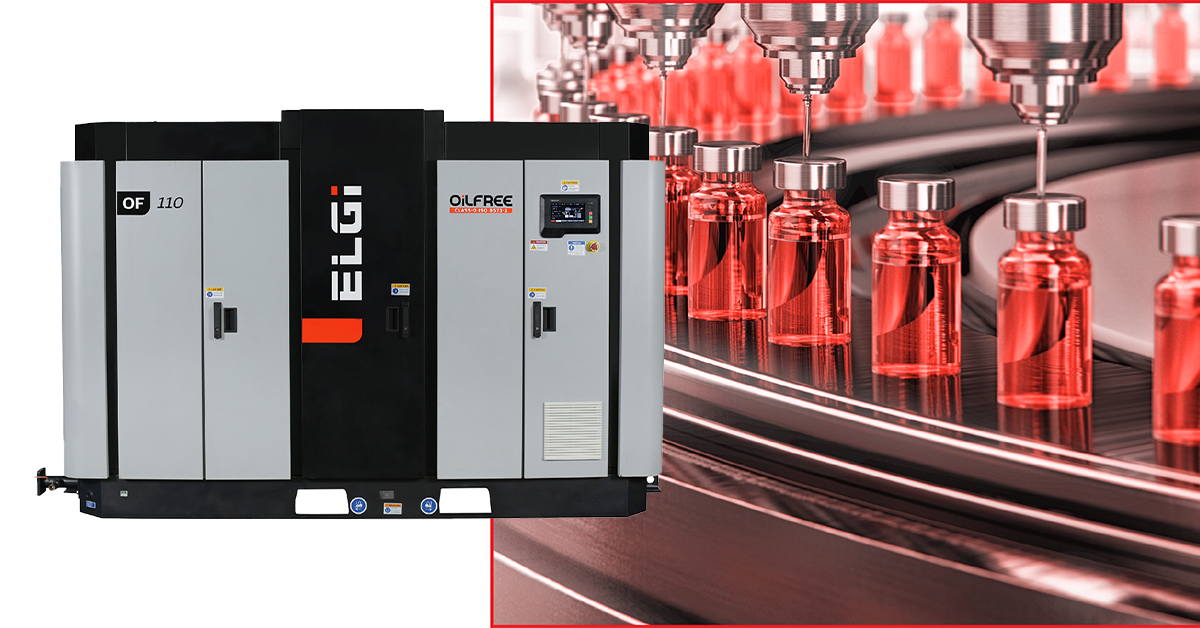
The pharmaceutical industry relies heavily on precision, sterility, and efficiency in ever...
Read MoreBe the first to get updates, learn more and join our explorative world by subscribing to our official compressed air journal.
SUBSCRIBE